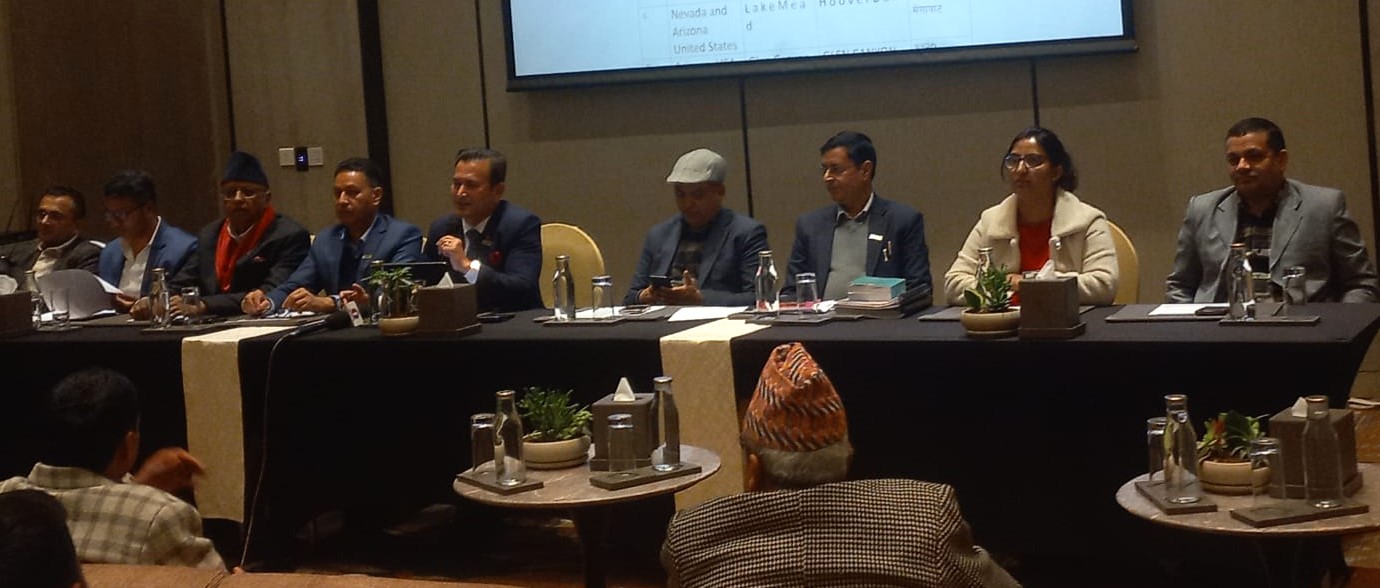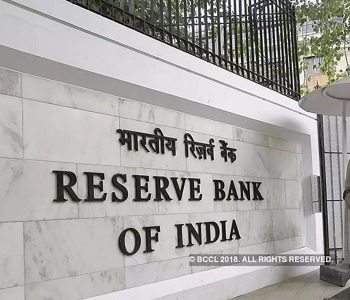IPPAN raises concerns over supreme court’s verdict on Wildlife Act

KATHMANDU: The Supreme Court nullified the amendment to the National Parks and Wildlife Conservation Act, 2029, introduced through an ordinance on the occasion of the third investment summit, on January 15 (Magh 2). This decision has cast uncertainty over the future of projects located within national parks, protected areas, reserves, buffer zones, and their borders.
The Independent Power Producers’ Association, Nepal (IPPAN), during a press conference on Sunday, stated that the constitutional verdict of the Supreme Court has created uncertainty for the future of hydropower projects with a cumulative capacity of 19,736 MW that are under operation or construction.
Through the ordinance, the government had amended Section 5 by adding Subsection 5(a) and Section 6 by adding Subsection (1a) to the National Parks and Wildlife Conservation Act, 2029. The private sector has argued that the amendment had opened avenues to utilize the natural resources and opportunities in Nepal’s Himalayan and hilly regions, stretching from Mechi in the east to Mahakali in the west, for Nepal’s economic interests and national prosperity.
The amended Section 5(a) allowed the government to designate certain areas within national parks, reserves, or conservation areas as “highly sensitive zones.” Similarly, Subsection (1a) of Section 6 stated that, apart from highly sensitive zones, the government could approve national priority projects, projects approved by the Investment Board, or projects of national pride, ensuring harmony between nature and human coexistence. It also allowed the operation of projects and eco-tourism businesses, among other industries, in buffer zones with government approval.
However, as per Section 3 of the Act to Amend Some Nepal Acts, 2081, Sections 5(a) and 6(1a) added to the National Parks and Wildlife Conservation Act, 2029, were deemed contrary to Subsection 3 of Article 30 of Nepal’s Constitution. Consequently, advocates Dilraj Khanal, Prakash Mani Sharma, and others filed a petition on July 28 (Shrawan 13) demanding the provisions be declared void. A constitutional bench led by then-Chief Justice Bishwambhar Prasad Shrestha issued a short-term interim order on August 14 (Shrawan 30).














Facebook Comment